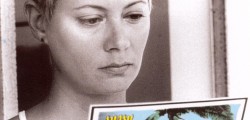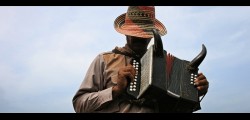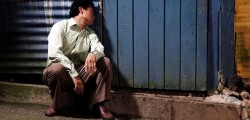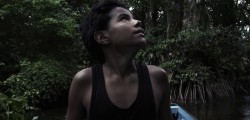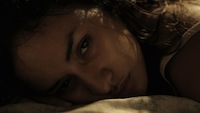Audience Favourite - Ciclo
Pachuca, 1956. Brothers Arturo and Gustavo Martínez leave their hometown in central Mexico with the desire to cross the continent on bicycles. Eighty-two days and 5,600 km later, they arrive in Toronto, not knowing that this journey will change the entire route of their lives. Ever since director Andrea Martínez Crowther can remember, stories of her father and uncle’s trip have formed part of her family’s folklore. Over half a century later, Arturo and Gustavo - now in their 70s - retrace that epic path, in an exploration of memory, the cycles of life and the unavoidable passage of time.

